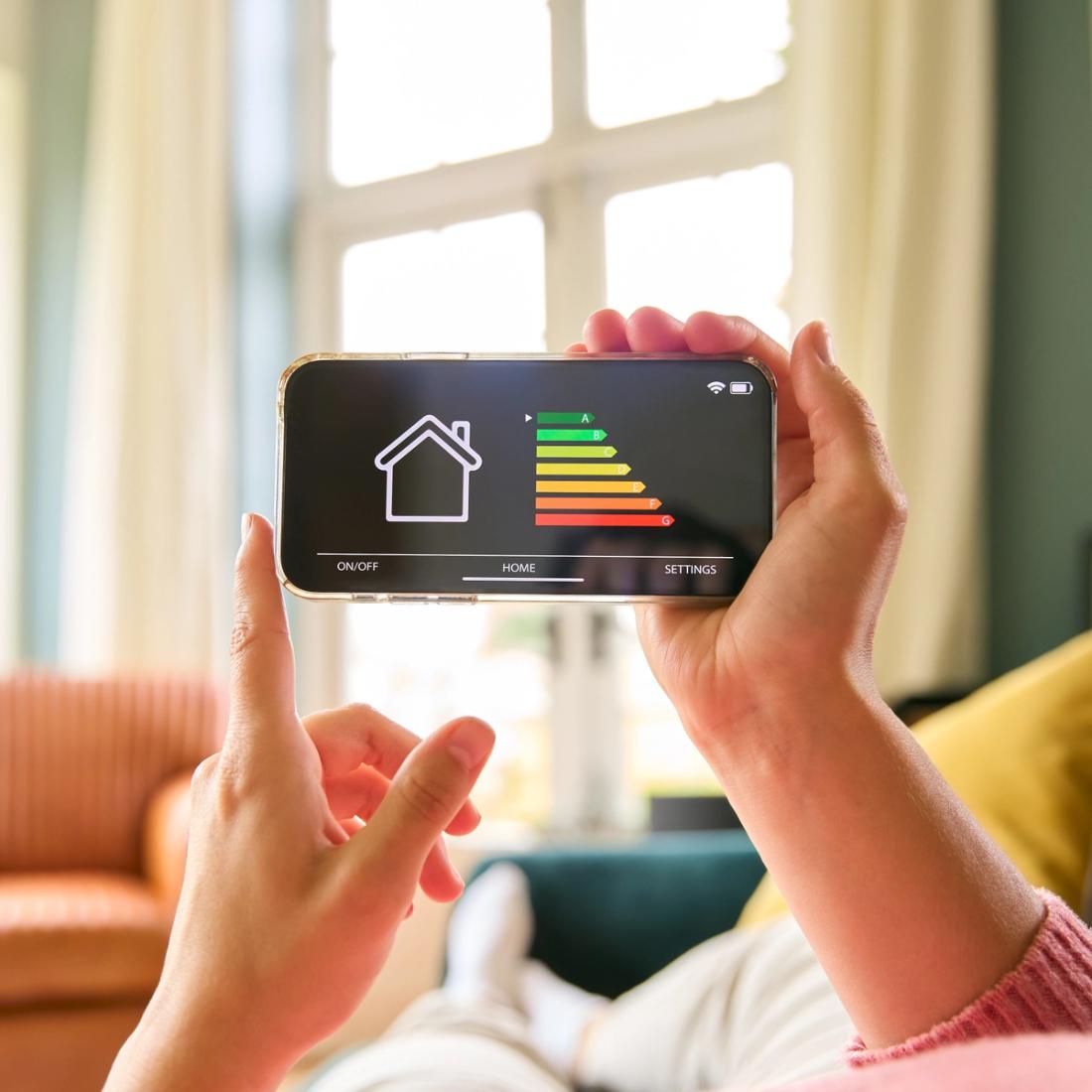Introduction
Smart meters are rapidly becoming a cornerstone of energy management in the UK, enabling households and businesses to monitor and manage energy consumption more effectively. Unlike traditional meters, smart meters provide real-time data on electricity and gas usage, enabling users to optimise energy habits, reduce costs, and support sustainability goals. For installers, energy consultants, and homeowners, understanding smart meters, their benefits, regulatory framework, and integration with renewable-energy systems is essential. This article explores the advantages, installation process, common challenges, practical applications, and the role of smart meters in shaping a low-carbon future in the UK.
What Are Smart Meters and How Do They Work?
A smart meter is an advanced energy meter that automatically sends energy usage data to your energy supplier, replacing the need for manual readings. Key features include:
- Two-way communication: Sends consumption data to suppliers while allowing users to monitor their usage.
- In-home display (IHD): Provides real-time energy consumption, cost tracking, and insights for behavioural changes.
- Remote reading: Eliminates manual meter readings and improves billing accuracy.
Smart meters are compatible with electricity and gas networks and can integrate with smart-home systems, heat pumps, solar PV systems, and energy-storage solutions. For renewable-energy installers, connecting smart meters to these systems allows homeowners to track self-consumption, optimise battery usage, and manage EV charging efficiently.
Benefits of Smart Meters for Homeowners and Businesses
Smart meters offer multiple benefits that contribute to financial savings, energy efficiency, and sustainability:
- Accurate billing: Bills are based on real consumption rather than estimates, reducing surprises.
- Cost savings: Real-time feedback encourages energy-efficient behaviour, which can reduce energy bills by 5–15%.
- Energy insights: Provides granular data that helps identify high-consumption periods and appliances, enabling behavioural change and investment in energy-efficient devices.
- Integration with renewable systems: Smart meters allow solar PV owners to track generation versus consumption, optimize battery storage, and schedule EV charging during off-peak or surplus periods.
- Regulatory compliance and incentives: Many government schemes and green incentives require accurate metering, which smart meters facilitate.
For businesses, smart meters provide data for energy management, carbon reporting, and operational cost optimization. For households, they enable smarter energy decisions and preparation for a low-carbon lifestyle.
Installation Process and Regulatory Context
Installation Steps:
- Eligibility check: Most UK homes and businesses are eligible; suppliers can advise.
- Appointment booking: Energy supplier schedules a professional installation visit.
- Meter replacement: A trained engineer removes old meters and installs smart meters for electricity and/or gas.
- In-home display setup: The engineer sets up the IHD to monitor real-time energy use.
- Testing and activation: Supplier confirms data transmission and functionality.
Regulatory Context:
The UK government has mandated the rollout of smart meters to all homes and small businesses by 2025, under the Smart Meter Implementation Programme. Regulatory frameworks ensure:
- Consumer protection: Safe installation, privacy of energy usage data, and compliance with GDPR.
- Technical standards: All smart meters must adhere to SMETS (Smart Metering Equipment Technical Specifications) to ensure interoperability across suppliers.
- Energy efficiency targets: Smart meters contribute to national energy efficiency goals, supporting the UK’s net-zero objectives by 2050.
Common Challenges and Considerations
While smart meters provide substantial benefits, there are common challenges to be aware of:
- Connectivity issues: Poor signal or network coverage can delay data transmission.
- Compatibility: Some older home systems may require updates to fully integrate with smart meters.
- Consumer awareness: Users may need guidance to interpret and act on the data effectively.
- Data privacy: Proper handling of consumption data is critical, particularly when integrated with smart-home systems.
Installers and energy consultants can add value by providing guidance on optimising energy use with smart meters, integrating them with renewable-energy systems, and setting up monitoring dashboards.
Smart Meters and Renewable Energy Integration
Smart meters play a crucial role in managing renewable-energy installations:
- Solar PV systems: Homeowners can track solar generation, consumption, and grid feed-in to maximise self-consumption and financial returns.
- Heat pumps: Real-time consumption data helps optimize heat pump operation to reduce peak demand and electricity costs.
- Battery storage & EV chargers: Smart meters enable efficient load-shifting, charging during off-peak periods, and intelligent battery discharge for cost savings.
- Data-driven insights: Platforms like Reonic can aggregate smart-meter data to monitor multiple assets, schedule maintenance, and provide energy optimization recommendations.
By combining smart meters with renewable-energy software, installers can offer clients a full energy management solution that enhances performance, savings, and sustainability.
Future Trends for Smart Meters in the UK
The adoption of smart meters is evolving alongside technological advances and the push for net-zero energy systems:
- Increased integration with IoT and smart homes: Smart meters will increasingly connect to home automation systems for automatic load management.
- Dynamic pricing and grid responsiveness: Real-time consumption data enables users to respond to variable energy tariffs and demand-response programmes.
- Data analytics and AI: Predictive analytics can help forecast energy use, detect anomalies, and optimise renewable-energy systems.
- Interoperability with microgrids: Smart meters support distributed energy resources, allowing homes and businesses to participate in local energy markets and grid services.
For installers, staying abreast of these trends ensures they can offer advanced solutions and maintain a competitive edge.
Conclusion
Smart meters are transforming energy management in the UK, offering accuracy, cost savings, and actionable insights for households and businesses. For renewable-energy installers and professionals, they provide the data foundation for optimising solar, heat pumps, storage, and EV charging systems. By understanding installation processes, regulatory requirements, and integration possibilities, installers can deliver smarter, more sustainable energy solutions. Platforms like Reonic can help consolidate smart-meter data, monitor performance, and streamline service workflows — ensuring energy systems are efficient, compliant, and future-ready.
FAQ
Q1: Are smart meters mandatory in the UK?
Yes, the UK government has mandated smart meters for all homes and small businesses by 2025 under the Smart Meter Implementation Programme.
Q2: Can smart meters work with solar panels and battery storage?
Yes, smart meters can monitor solar generation, battery charge/discharge, and optimise self-consumption and grid interaction.
Q3: How much can households save with smart meters?
Typical savings range from 5–15% of energy bills, depending on usage patterns and responsiveness to real-time data.
Q4: Do smart meters pose privacy risks?
Smart meters transmit energy usage data securely. Privacy regulations such as GDPR apply to protect consumer data.
Q5: What is the installation process for smart meters?
Installation is carried out by a trained engineer: the old meter is replaced, an in-home display is installed, and the system is activated and tested.
Q6: How do smart meters support net-zero goals?
They provide accurate consumption data, enabling energy-efficient behaviour, integration with renewable systems, and participation in demand-response programmes.
Q7: Can businesses benefit from smart meters?
Yes, businesses can optimise energy use, reduce costs, monitor consumption trends, and comply with carbon reporting requirements.
Q8: How do platforms like Reonic enhance smart-meter functionality?
Platforms like Reonic can aggregate smart-meter data with renewable-energy systems, monitor asset performance, schedule maintenance, and provide insights for efficiency and compliance.









